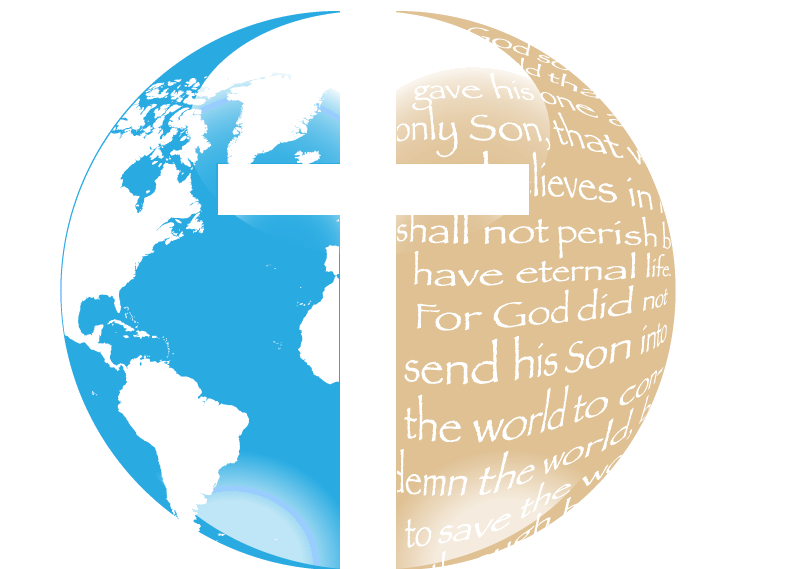The finished work of Christ
- Isaac De Guzman
- Aug 23, 2021
- 3 min read
The old system under the law of Moses was only a shadow, a dim preview of the good things to come, not the good things themselves. The sacrifices under that system were repeated again and again, year after year, but they were never able to provide perfect cleansing for those who came to worship. If they could have provided perfect cleansing, the sacrifices would have stopped, for the worshipers would have been purified once for all time, and their feelings of guilt would have disappeared. But instead, those sacrifices actually reminded them of their sins year after year. For it is not possible for the blood of bulls and goats to take away sins. That is why, when Christ came into the world, he said to God, “You did not want animal sacrifices or sin offerings. But you have given me a body to offer. You were not pleased with burnt offerings or other offerings for sin. Then I said, ‘Look, I have come to do your will, O God—as is written about me in the Scriptures.’” Hebrews 10:1-7 NLT
Jesus’ last word at the cross is “it is finished” (see John 19:30). It was a shout of victory where he declared that His death at the cross satisfied the required atonement for sin. In the Old Covenant, the worshippers were reminded every time they offer their sacrifices of their uncleansed sins. The guilt and stains of sins were not removed. It was only through the shed blood of Christ at the cross that the guilt was removed. His death at the cross was very effective that there was no need to repeat offering sacrifices for the forgiveness of sin. “For it is not possible for the blood of bulls and goats to take away sins” (Hebrews 10:4). To some who relied on the sacrificial system in the Old Covenant found comfort in the knowledge that they did something to cleanse them from their sins. But to many, the practice has become an empty ritual that even God finds them offensive to His holiness. “‘What makes you think I want all your sacrifices?’ says the Lord. ‘I am sick of your burnt offerings of rams and the fat of fattened cattle. I get no pleasure from the blood of bulls and lambs and goats’” (Isaiah 1:11). It was not just the writer of Hebrews that understands that the blood of the animals would not atone for sins. David, after he offered sacrifices for his sins said this: “You do not desire a sacrifice, or I would offer one. You do not want a burnt offering. The sacrifice you desire is a broken spirit. You will not reject a broken and repentant heart, O God” (Psalms 51:16-17). When Samuel rebuked King Saul about his empty sacrifice said, “‘What is more pleasing to the Lord: your burnt offerings and sacrifices or your obedience to his voice? Listen! Obedience is better than sacrifice, and submission is better than offering the fat of rams’” (1 Samuel 15:22). What Jesus did at the cross personified what God desires from His true worshippers, their contrite and obedient hearts. Everything that we think we do for God, when they are not done out of our love and obedience to Him, will be ashes. Our service to Him should be an expression of our adoration and gratefulness for His sacrifice at the cross.
Blessings,





Comments